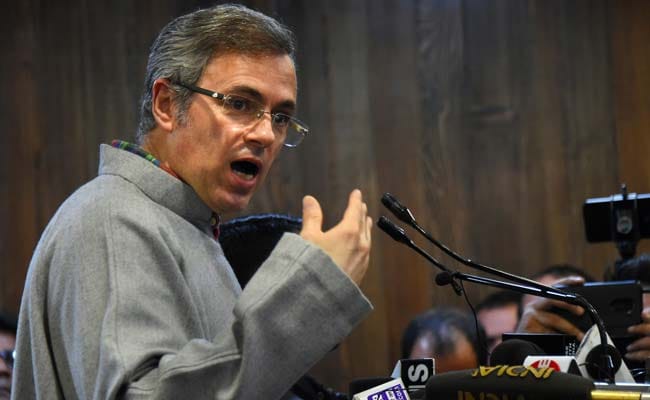
On Monday, Chief Minister Omar Abdullah made his first official visit of the season to the Jammu Civil Secretariat, marking the beginning of the winter operations for the Jammu Kashmir. He was welcomed with a ceremonial guard of honour, as the administration transitioned to its winter headquarters in Jammu.
This seasonal shift, which sees the Civil Secretariat and other government departments operating from Jammu until spring, echoes the traditional Darbar Move. However, it differs significantly from the full-scale relocation once promised by the National Conference (NC) during its Assembly campaign. While Chief Minister Omar Abdullah and other ministers will primarily operate from Jammu, they will travel across the Union Territory as needed.
Lieutenant Governor Manoj Sinha has already stationed himself in Jammu to oversee the administration’s winter operations. As per an order from the General Administrative Department (GAD) issued on October 23, Administrative Secretaries and Heads of Departments were instructed to begin their work from the Jammu Secretariat starting November 11, while continuing their presence in Srinagar when necessary.
The Estates Department has been tasked with providing accommodation for the officials and staff in Jammu. Unlike the historic Darbar Move, which involved biannual shifts of entire departments between Jammu and Srinagar, this arrangement will rely on a partially digitized system to streamline operations and cut administrative costs.
The Darbar Move, a practice dating back to Maharaja Ranbir Singh’s reign in 1872, was intended to address the contrasting climates of the two regions. It was suspended in 2021, as digital record-keeping made the move increasingly redundant.
While the business community in Jammu, which benefited from the influx of government employees and visitors, has raised concerns about the economic impact of the suspension, several political parties, including the NC and Apni Party, have expressed intentions to reinstate the tradition if elected, citing its positive effects on both administration and the local economy.
The current arrangement, while not a full-scale return to the Darbar Move, maintains a partial seasonal shift to Jammu, aligning administrative functions with modern processes as the Civil Secretariat and key officials settle into their winter quarters.




